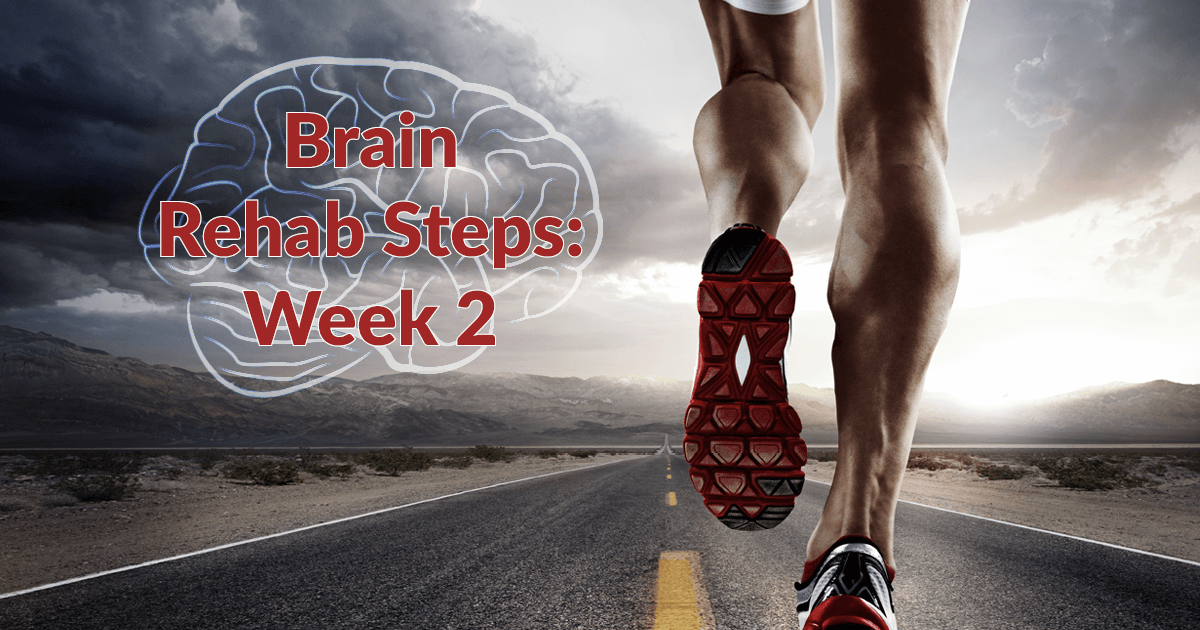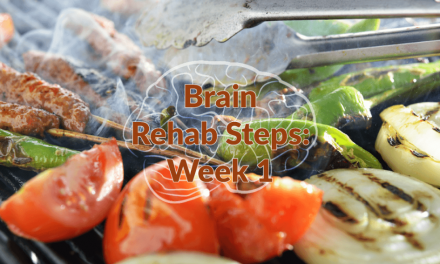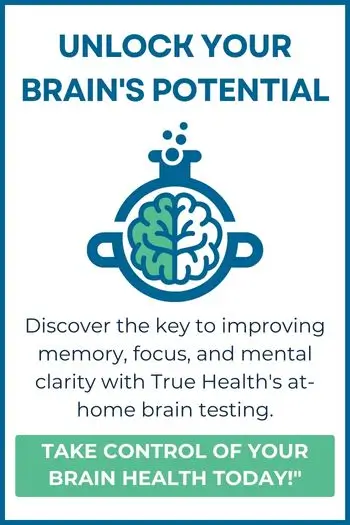Welcome back to Week #2 of Brain Rehab! This week the focus is on exercise. We all know there are many incredible health benefits from exercise, but did you know the brain benefits too?
Just a reminder, if you didn’t take the time prior to your first week of this new lifestyle, it would be a great idea to determine your baseline. Have your bloodwork done at this point and ask for a hemoglobin A1C and vitamin D level to be done in conjunction. You may want to note your blood pressure, weight, body fat percentage, and hip/waist measurements. I would also write out any current symptoms you’re experiencing, how your energy levels are, how you sleep, what you feel like when you wake up in the mornings, etc. After implementing the following processes for a minimum of 4 weeks, have your blood tests redone to see the changes.
Week #2: Focus on Exercise
Try to get in at least 20 minutes of aerobic exercise daily if you are not already doing so. You can split this activity up as well if it works easier to do 2, 10 minutes sessions. Walking is perfectly acceptable. Use this week to get your exercise routine established. Try to find a consistent time of day that works and schedule it in just like it’s an appointment. You’ll be more likely to stick to it if it’s scheduled.
You want to get your heart rate about 50% above baseline. You should be able to carry on a conversation but not super easily. To really reap the rewards of exercise, break a sweat once a day to force your lungs and heart to work harder. Research has shown, in addition to all of the other health benefits from exercise, people who engage in a regular activity several times per week actually protect their brains from shrinkage. They also minimize their chance of becoming obese and diabetic – both of which are major risk factors for brain disease.
If you currently are not engaging in a regular exercise routine, start with walking. Just a 10-minute walk has been shown to reduce the effects of stress and improve your mood, reduce your pain and give you a better outlook on life for a minimum of 2 hours! That’s quite the return on investment. After a few weeks of regular walking, you can start challenging yourself by increasing your speed, maybe adding in some hills and/or increasing your duration. Mix it up, the variety is what keeps us going. If you need a distraction, there is nothing wrong with throwing in your earbuds and listening to your favorite music, podcasts, books, etc. Do whatever it takes to get moving again!
If you’re already engaging in regular exercise, make this week an opportunity week to try something new and different. We have such an endless supply of exercise techniques, gyms, styles, etc.
Don’t forget to establish your brain health baseline so you can see how these lifestyle changes are helping improve the level of your health.












